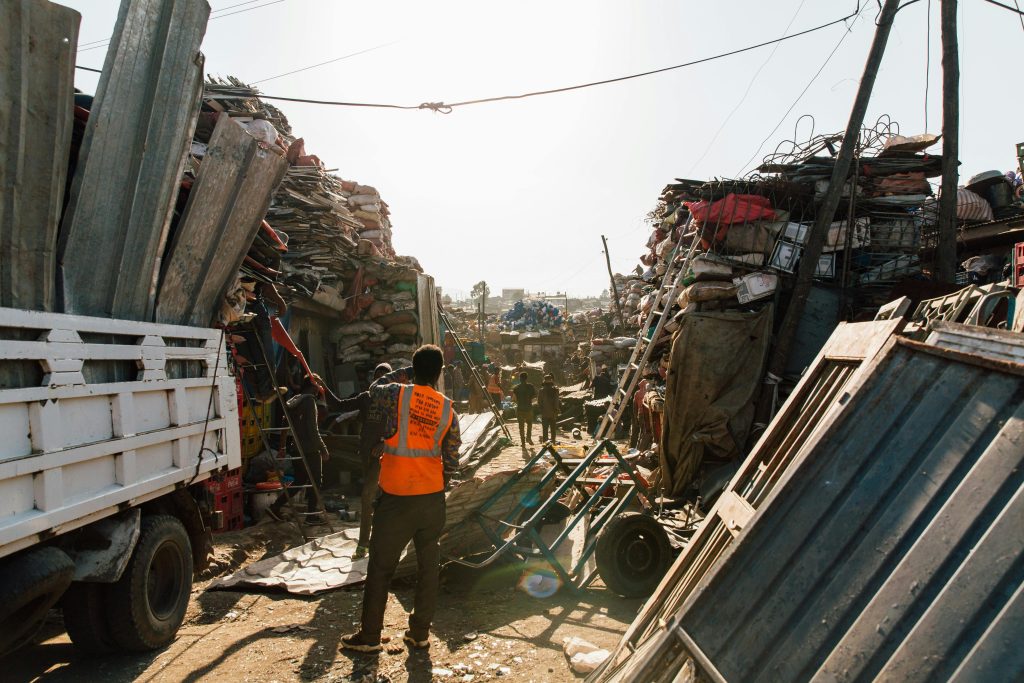
Mr. Perdomo, employed by Ramelli Janitorial Service, was collecting garbage for the City of Kenner when a section of 27th Street near the intersection of Salem Street crumbled beneath the weight of the garbage truck he was riding in. The collapse was attributed to a leaking sewer line.
Kenner and Veolia, the company contracted to operate and maintain the Kenner sewer system, moved for summary judgment, arguing that Mr. Perdomo could not prove they had prior knowledge (or ‘notice’) of the defect in the road, a crucial element in such cases. The trial court agreed and dismissed Mr. Perdomo’s claims.
Court of Appeal’s Reversal
The Court of Appeal disagreed with the trial court’s decision and reversed the summary judgment. It contended that there was indeed a genuine issue of material fact regarding whether Kenner and Veolia had “constructive notice” of the leaking sewer line. Constructive notice means that the circumstances were such that the responsible parties should have been aware of the problem.
The court highlighted the testimony of experts who suggested that the sewer leak had been ongoing for a considerable time, leading to the erosion that caused the street collapse. This, combined with the residents’ reports of foul odors and soggy ground near the accident site, raised enough questions about whether Kenner and Veolia should have known about the issue.
Key Takeaways
This case emphasizes the critical role of “notice” in premises liability and negligence cases against public entities or their contractors. The court’s decision demonstrates that the absence of direct complaints or knowledge of a specific defect doesn’t automatically absolve these entities of liability. If circumstances suggest they should have reasonably known about a problem, they can be held accountable.
The reversal of the summary judgment also underscores the importance of thorough investigation and expert testimony in such cases. The testimony of experts regarding the cause and duration of the sewer leak was crucial in establishing the possibility of constructive notice.
This case is a significant development for individuals injured due to infrastructure failures. It reaffirms the principle that public entities and their contractors have a duty to maintain safe conditions and can be held liable if they fail to address hazardous situations, even if they haven’t received direct complaints.
Written By Berniard Law Firm
Other Berniard Law Firm Blog Articles on Constructive Notice: Supermarket Not Liable For Slip-and-Fall Because Of Lack Of Constructive Notice and Slip-and-fall Lawsuit Dismissed for Lack of Actual or Constructive Notice
